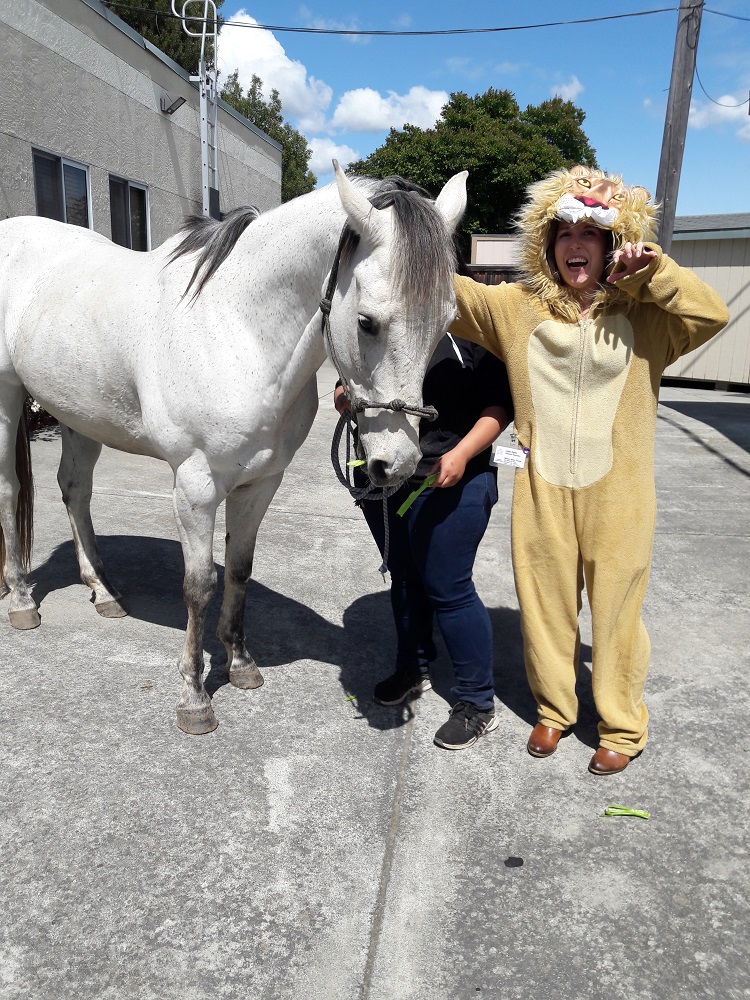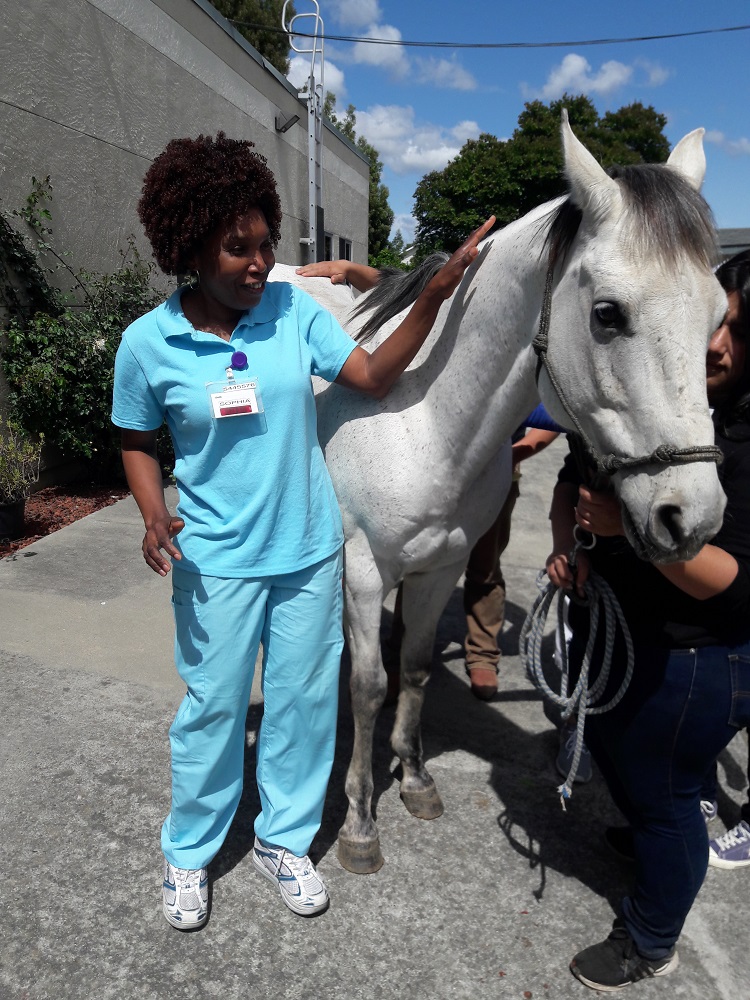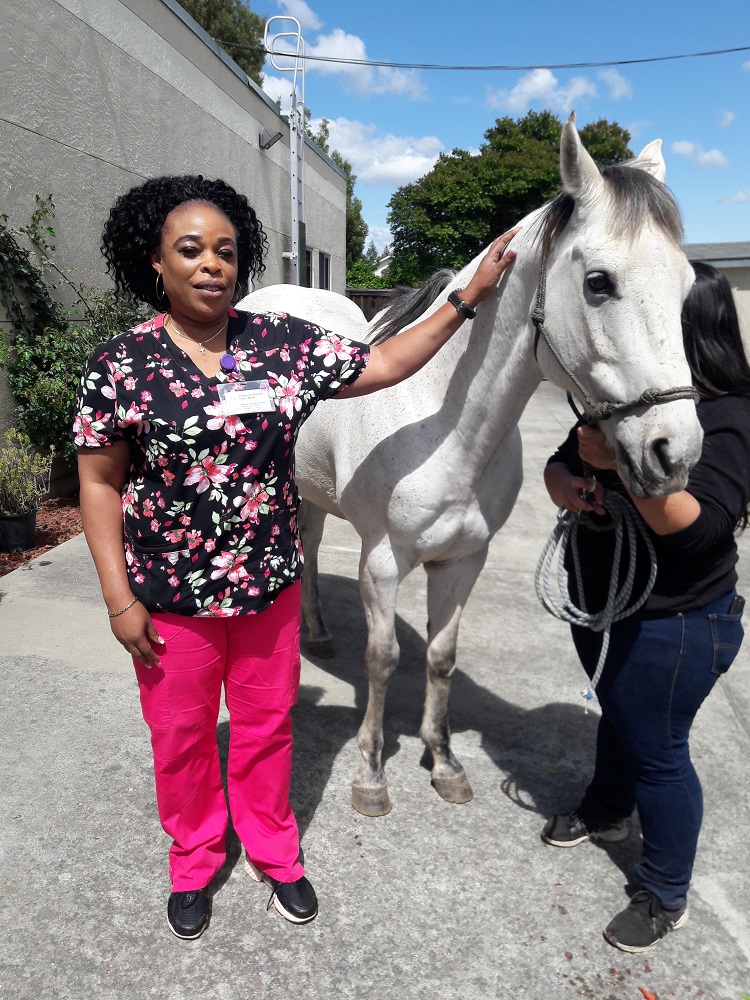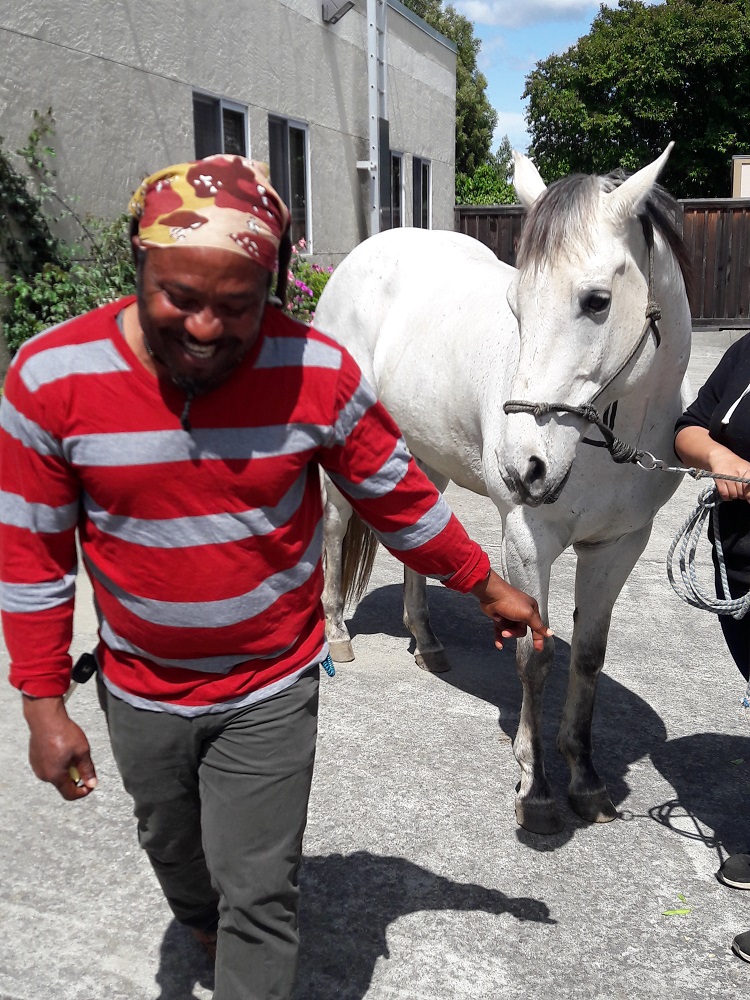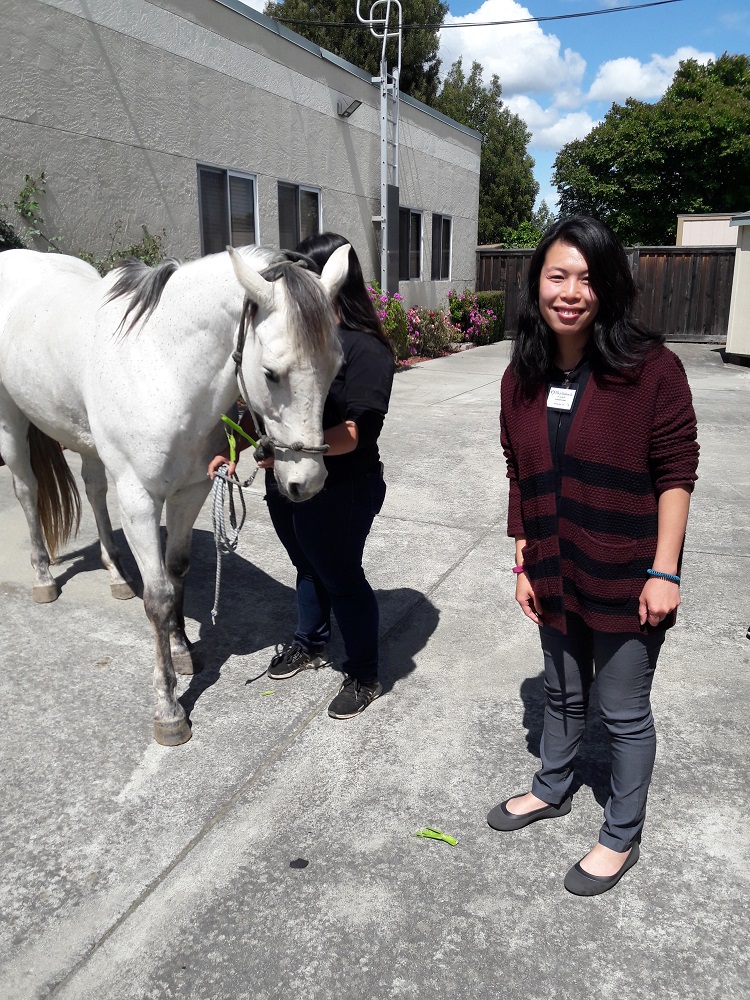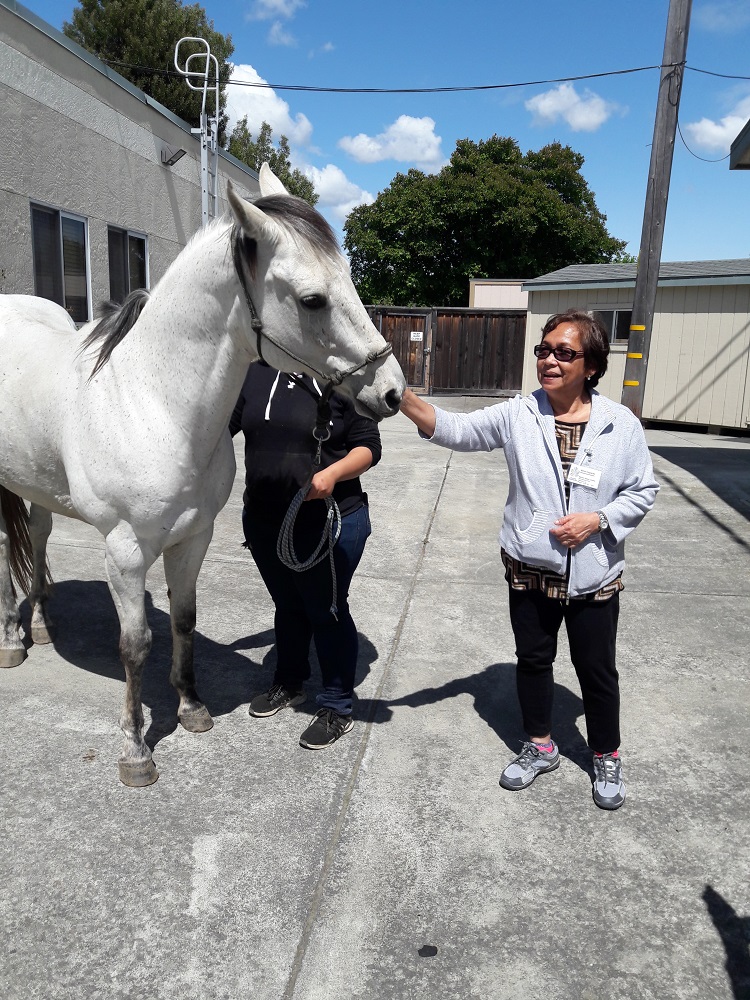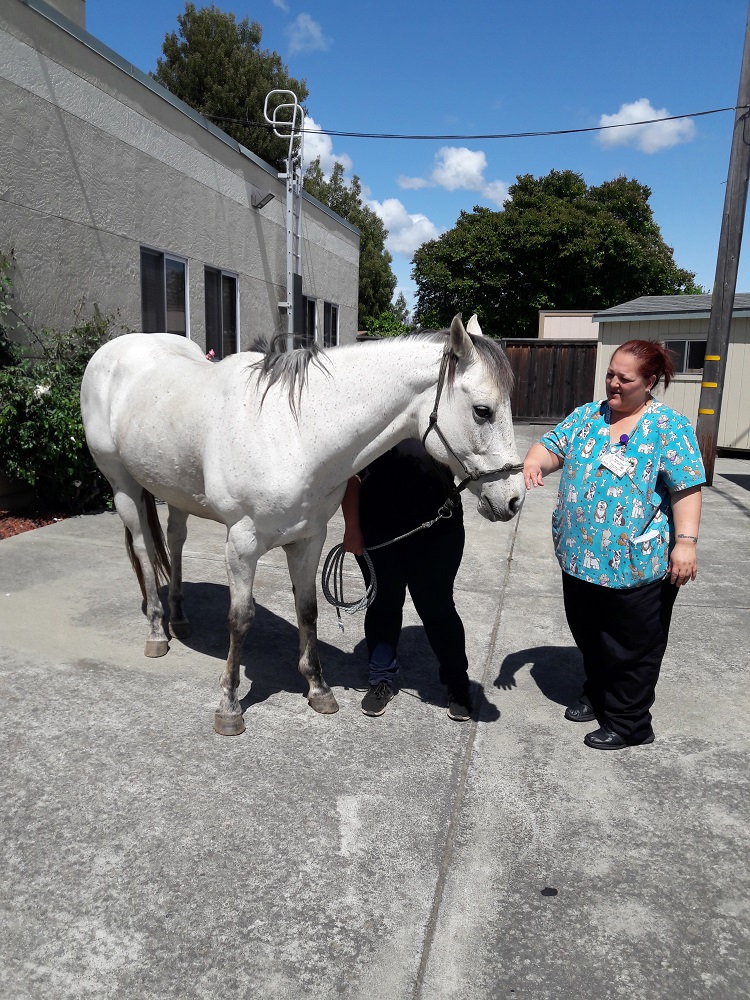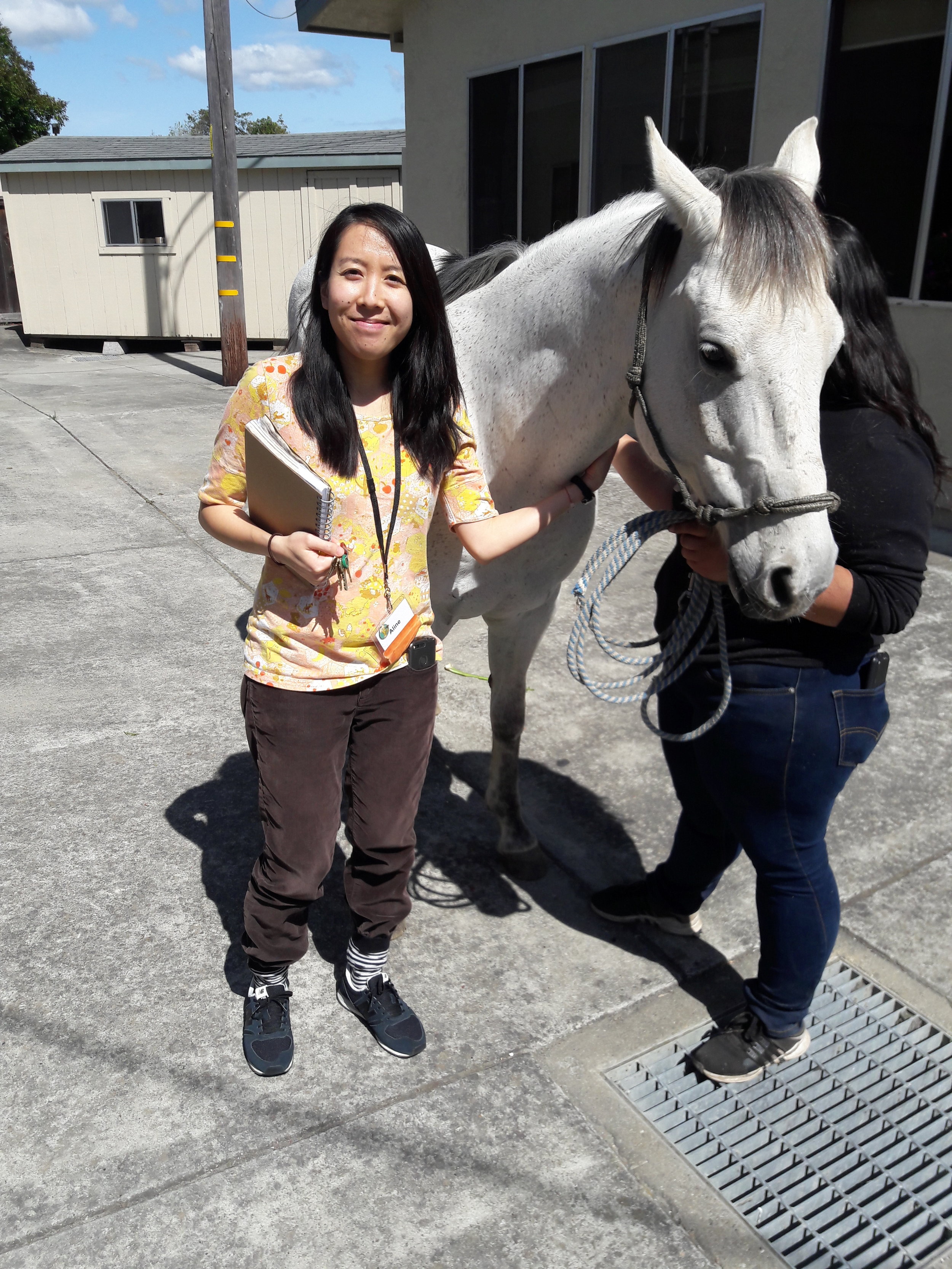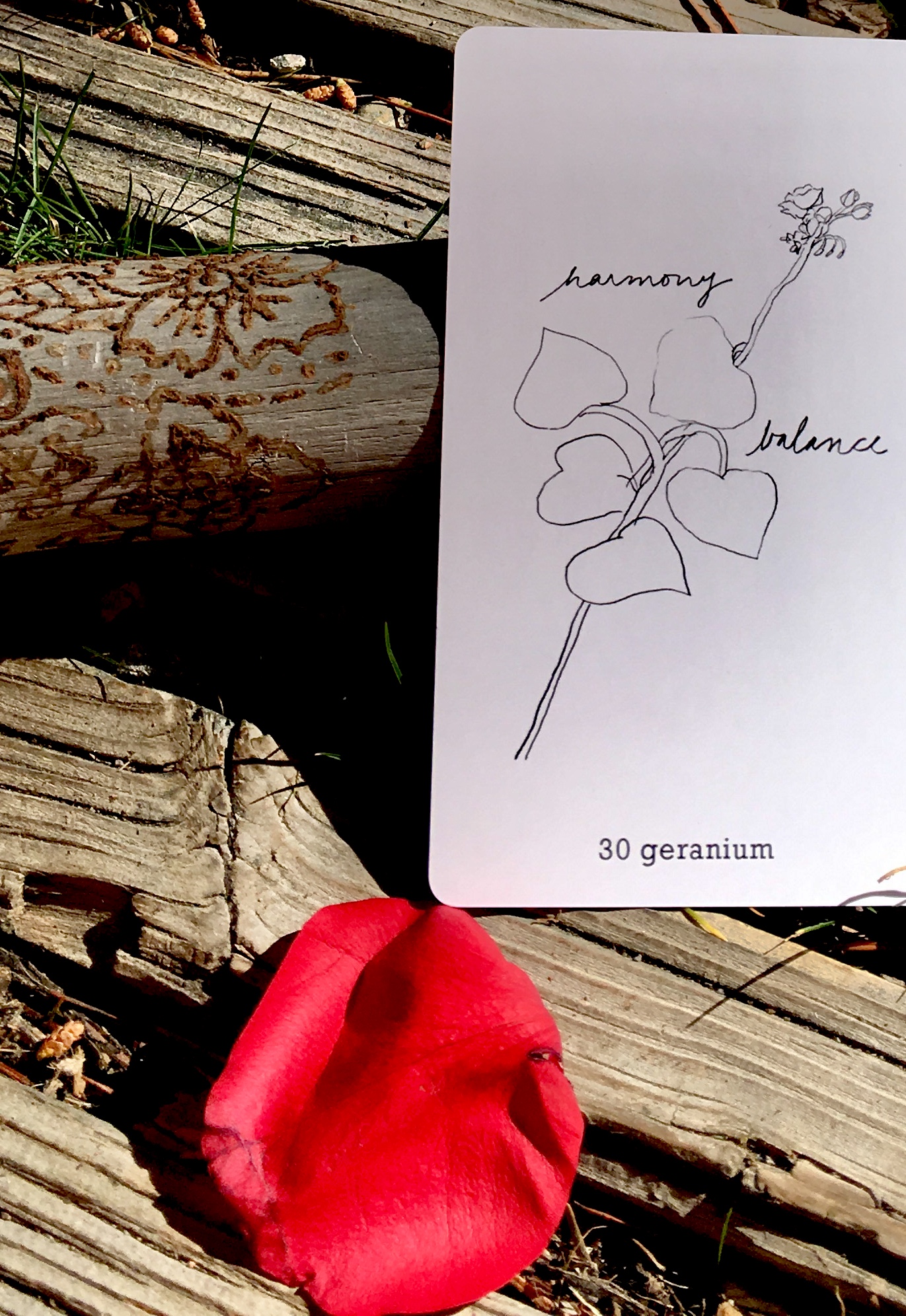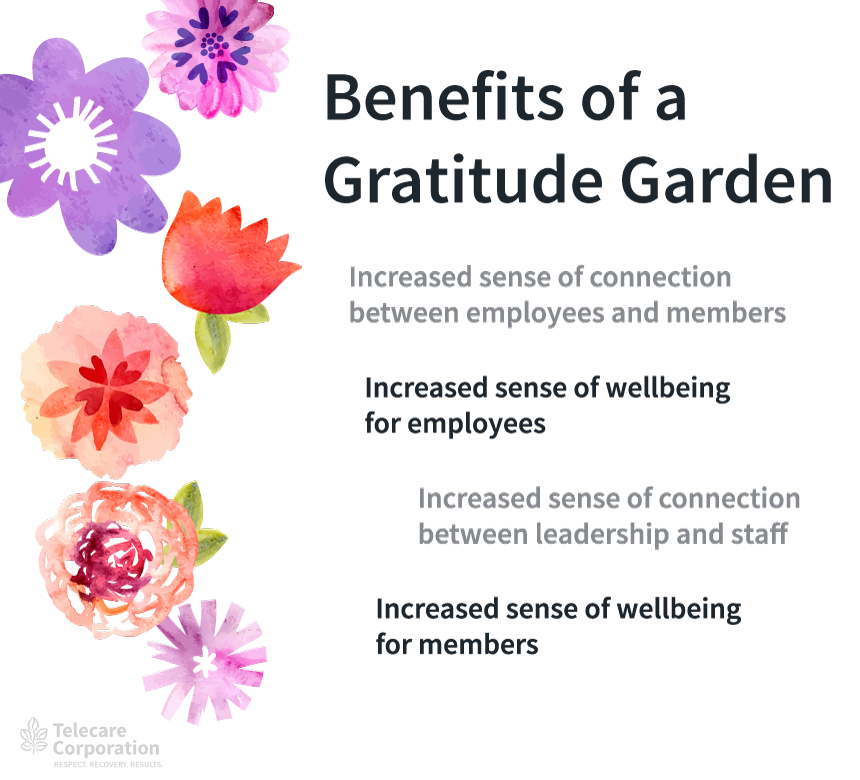According to the report of the , stigma is "a cluster of negative attitudes and beliefs that motivate the general public to fear, reject, avoid, and discriminate against people with mental illnesses." The report also says, "Responding to stigma, people with mental health problems internalize public attitudes and become so embarrassed or ashamed that they often conceal symptoms and fail to seek treatment."
Stigma perpetuates two significant myths about people with mental illnesses: 1) They are violent; and 2) They do not recover from their mental illness.
Both are false. Studies show that, at most, mental health status contributes a trivial amount to the overall violence in society (as we know, people with serious mental illness are far more likely to be victims of violence). Studies also show that people who have mental illnesses can and do recover from their illnesses.
Stigma and discrimination can have a negative impact on someone's physical and mental health care. Health care providers may not provide the necessary treatments to people with mental illnesses. For example, people with schizophrenia who are hospitalized for reasons unrelated to mental illness are at least twice as likely as patients without schizophrenia to experience medical problems associated with poor outcomes, including death. One hypothesis is that a lot of the increased risk may result from inferior medical care. For example, studies have indicated that healthcare professionals might not take the medical symptoms of people with schizophrenia seriously, leading to a delay in treatment. Mental health care providers may act coercively or impose mandatory treatment on people with mental illnesses.
So, what can you do to fight stigma? One of the first steps is to acknowledge that we all harbor some level of stigma and judgment toward others or toward ourselves. Discussing the source of those judgments can assist in fighting our myths and giving us real information to bust those myths. Participating in and joining others trying to educate our society and bust stigma and myths can be energizing and raise our hope. Programs hiring and supporting Peer Staff in their important and unique roles, also reminds us all that recovery is possible.
Watch:


